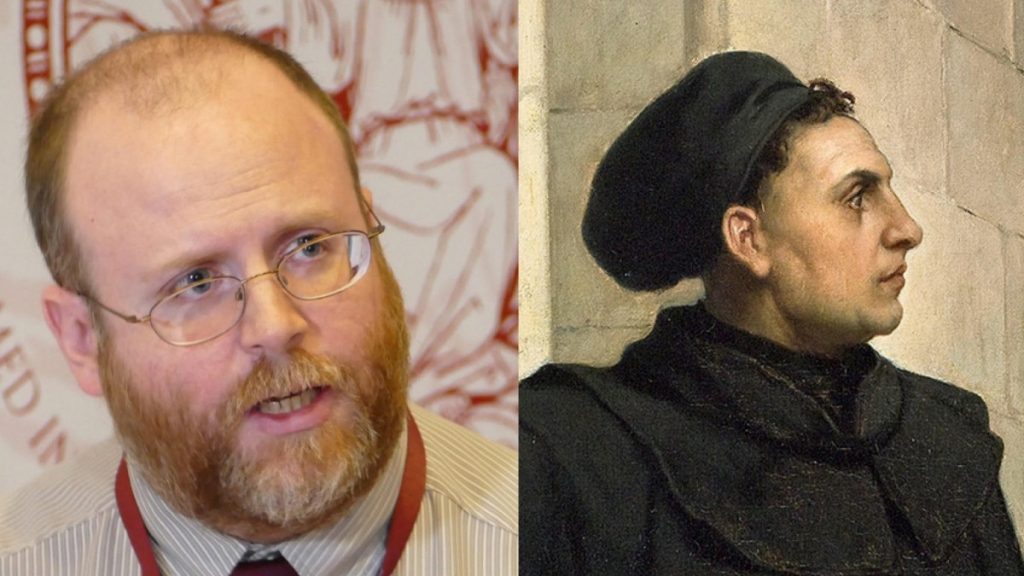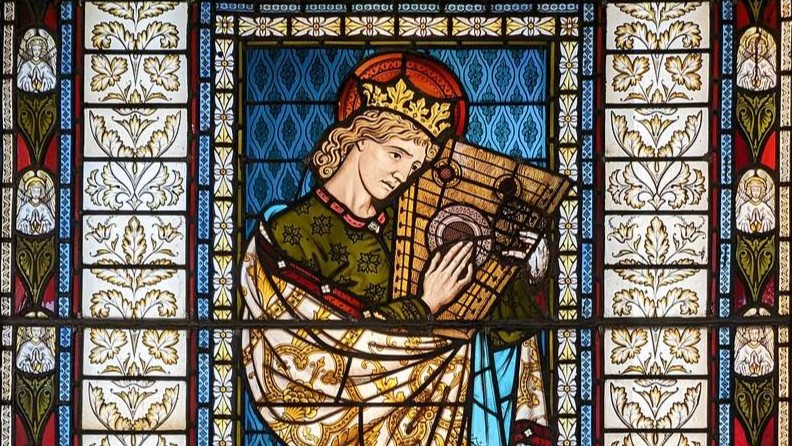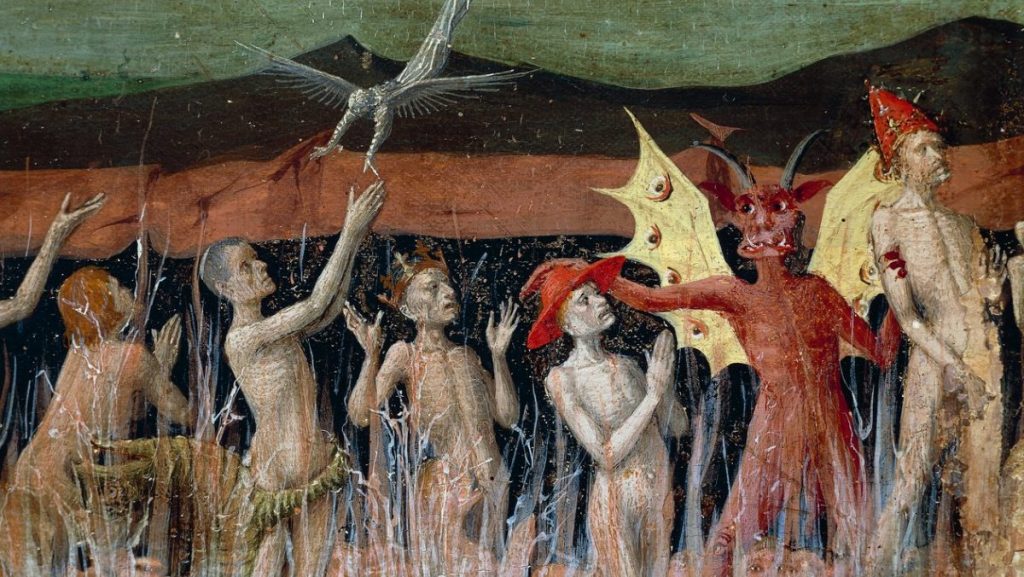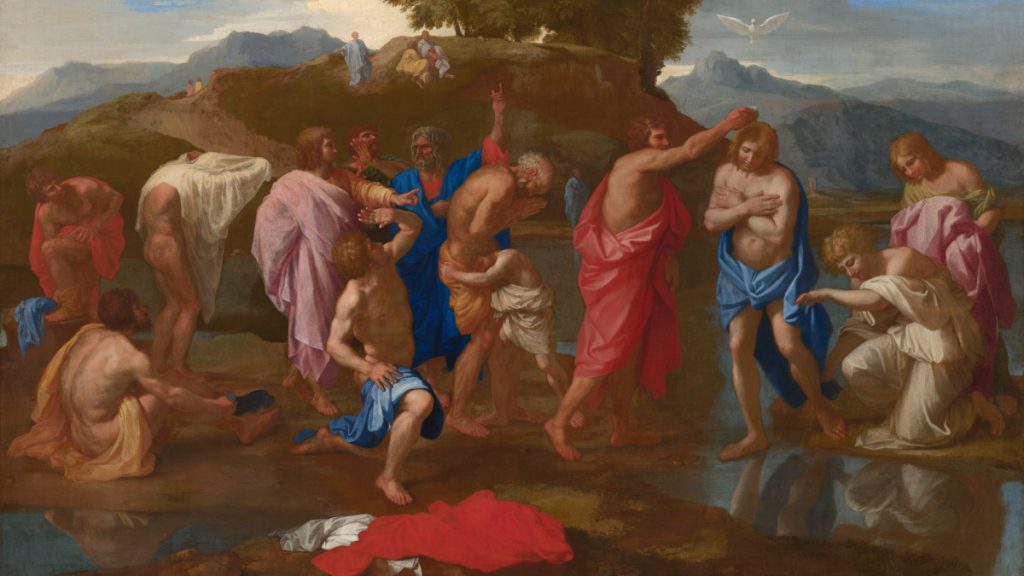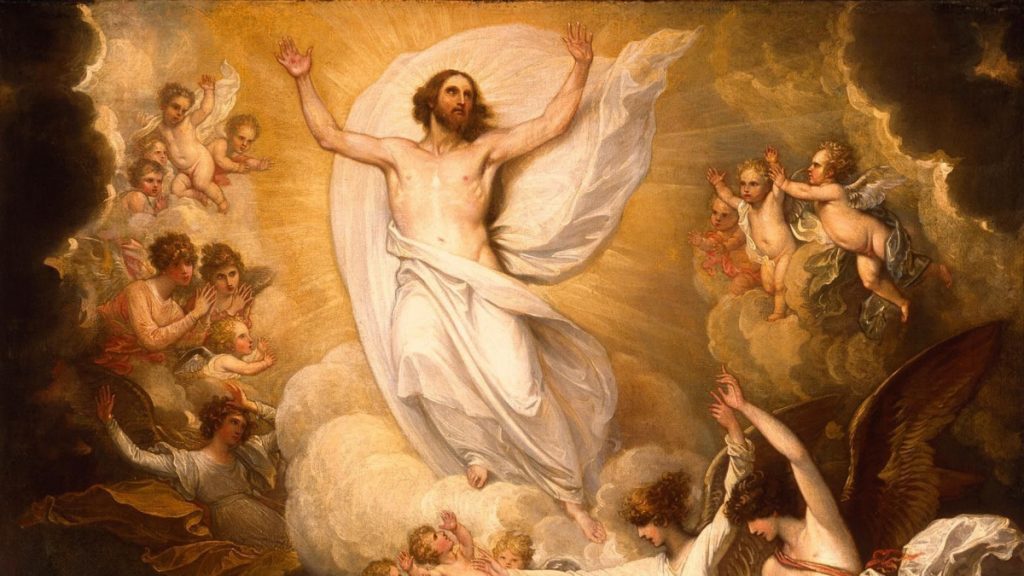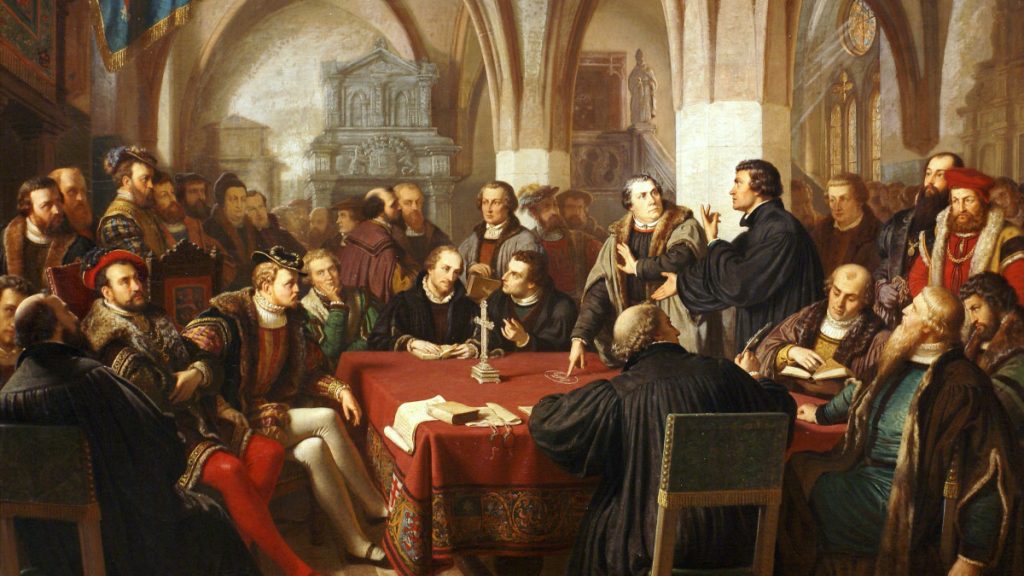(Updated July 16, 2025)
This Author Quote Archive collects pertinent quotes from the Ecclesiastical Writer, Philostorgius.
Next to each quote are the Topic Quote Archives in which they are included.
This Quote Archive is being continuously updated as research continues. Quotes marked with “***” have not yet been organized into their respective Topic Quote Archives.
Books
Philostorgius, Church History (c. 425-433)
The Apostate [referring to Julian] thought that he would prove false our Savior’s prophecies that Jerusalem would be so completely overthrown that not even a stone would be left upon a stone (Matt. 24:2; Mark 13:2; Luke 19:44, 21:6); not only, however, did he not succeed in his attempt, but he even provided unshakeable, if involuntary, confirmation of what the prophecies contained.
What he did was to gather the Jews from wherever they were, provide them with funds and other assistance from his own resources, and bid them restore the temple. But the terrors sent by God, which defy all description, not only snuffed their enthusiasm but reduced the Jews and him to utter helplessness and shame. What happened is that fire devoured those who were daring to set to work, an earthquake buried the site, and still other folk were cut to pieces in other accidents, so that the arrogance that had thought to bring shame upon the words of the Lord ended up by proclaiming, despite itself, how impossible it was to taint such venerable prophecies with any hint of shame. 104 | 105
[AP §58] Julian himself…gave orders for the restoration of the temple of the Jews in Jerusalem as well. He put the Christians out of the city and allowed the Jews to settle there, sending one Alypius to carry out zealously the work of rebuilding the temple.
[AP §68] As we said earlier, Julian the Apostate sent orders to Jerusalem to rebuild the temple of the Jews that Vespasian and his son Titus had destroyed and burned together with the city, just as Christ the Lord had foretold concerning it to his disciples, bearers of God’s word: “Not a stone will remain upon a stone that will not be thrown down” (Matt. 24:2). The wicked man, then, in his desire to show that Christ’s words were false, was above all anxious to rebuild the temple, and he ordered that the total cost of construction be paid from public funds. The God-killing Jews flocked together therefore and set to work with great joy and were excavating the foundation trench with silver mattocks and shovels and making ready to lay the foundation, when a terrific storm arose that buried the excavation site. All during that night it lightened and thundered ceaselessly, until finally as day was approaching there was an earthquake in which many perished even of those who had stayed out of doors. And a fire that came out of the excavated foundations incinerated everyone who was there. There were also cities that collapsed, Nicopolis, Neapolis, Eleutheropolis, Gaza, and many others. Not only that, but the colonnade by the Jewish synagogue in Aelia, that is to say, Jerusalem, fell down, killing many of those mentioned earlier, and fire burst forth mysteriously and incinerated a great many Jews. Darkness also fell upon these places, while continuous earthquakes caused great damage to many cities.
Footnotes
- Philostorgius, Philip R. Amidon, SJ, trans., Philostorgius: Church History (Atlanta: Society of Biblical Literature, 2007), 104-105. In the account quoted, the sections marked “AP” are from a later 8th century work memorializing the life of St. Artemius (who was martyred by Julian the Apostate) called the Artemii Passio, but which are believed to have been derived from Philostorgius’s original account. ↩︎
